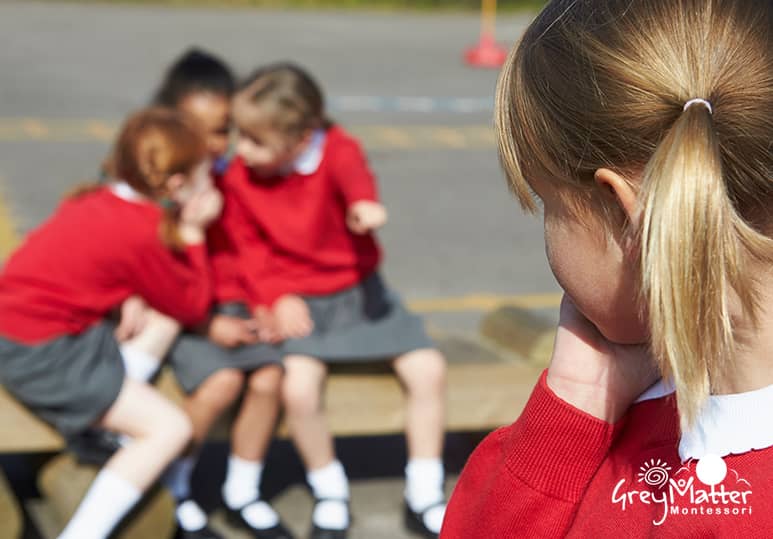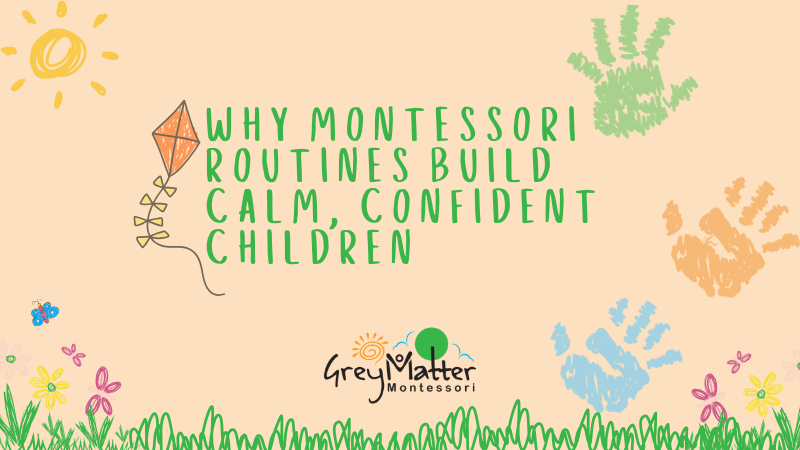Empowered Against Bullies
These skills and strategies will help your child have the confidence and know-how to stand up to a bully at school or in their community.
BUILD SELF-CONFIDENCE AND SELF-ACCEPTANCE: Bullies will often seek to increase their own sense of power by targeting other children who seem vulnerable. Children who have a strong sense of their own value are not as likely to participate when a bully tries to tell them they are “less than”. Praise your child’s efforts and accomplishments every day. Tell your child you are proud of them often. Let them know that they are worthy of love and respect because they are a great human being.
CELEBRATE DIFFERENCES/CREATE COMMUNITY: Talk to your child about the diversity of people they encounter in their different social groups like classrooms, sports clubs, faith communities, and families. Recognize and celebrate the differences and similarities your child notices and emphasize inclusion; that having people who look different, speak different languages, have different talents and abilities, and possess different skill sets make our communities interesting and exciting, and provide opportunities for everyone to be better. This will help your child see value in others and also to understand their own intrinsic value.
DEVELOP SOCIAL SKILLS: A child with well-developed social skills is more likely to create safe and healthy relationships with other children. If your child has the ability to introduce themself to new friends, ask to be included and include others, negotiate with other children when deciding how and what to play, assert their opinion and respect the opinions of others, and practice empathy they will naturally navigate the relationships in the classroom more successfully and be less likely to be hurt by bullying.
STAND UP: Teach your child the power of self-assertion. Help them to understand that their opinions and needs have value. Give your child the tools and the language to stand up for themselves and others while being respectful; simple but strong statements like:
“That is mean. Stop that.”
“Don’t touch me.”
“Leave me alone.”
“It’s her turn now.”
“It’s not okay to push him.”
Bullies often do not expect to be challenged and so your child’s confident self-assertion could disarm the bully and also call attention to the intimidating act for adults nearby.
ROLE PLAY: Children learn well through role play. Discuss possible bullying scenarios with your child and brainstorm possible resolutions if they are targeted by a bully. Help your child understand that they cannot control a bully’s behaviour, but that they are in control of their own response. Work through simple and complex situations so your child can confidently determine when they can respond on their own, and when they might need to seek out an adult to help them negotiate an interaction with a bully. Practice until your child feels confident.
STAY CONNECTED: Open and consistent dialogue about bullying will establish a dynamic where your child feels comfortable coming to you for advice and support. Be involved in your child’s classroom and get to know their friends and their friends' parents. Ask your child’s teacher about their social progress as well as their progress in learning. Watch for signs that your child is experiencing difficulties such as emotional outbursts, becoming withdrawn, not wanting to go to school, or avoiding certain classmates. Ask your child about their classroom experience every day with intentional questions like:
“Who did you play with today?”
“How did you decide what game to play with Johnny today?”
“Did you and Annie get along today?”
The Tools Your Child Needs To Thrive At Grey Matter Montessori
There is no way to guarantee that your child will never experience bullying. But empowering your child with these strategies will help them become stronger and more resilient if they do have to stand up to bullying. And creating a network of friends, teachers, and family will give your child a community of support that is more powerful than their bully.
Grey Matter Montessori is committed to providing a safe and nurturing environment where all children can learn, grow, and thrive. We strive to foster an inclusive, diverse, and respectful environment. Bullying of any kind is not tolerated. The Montessori method allows our Grey Matter educators to meet each child where they are and to provide opportunities for them to develop confidence and compassion and realize their own academic and social excellence.
If you are interested in exploring the benefits of a Grey Matter Montessori education for your preschool or pre-k aged child, contact us to book a time for a school tour at our NW Calgary location. We are accessible just off of Symons Valley Parkway in the NW community of Evanston. Call 1-587-707-4739.
FAQ
Q: What are some signs that my child may be experiencing bullying?
A: These are some signs that your preschool-aged child may be experiencing bullying:
- Difficulty sleeping or nightmares
- Not wanting to go to school
- Change in eating habits
- Complaints of headaches or stomach aches
- Unexplained injuries
- Loss of interest in favourite activities
- Changes in emotional responses
These are just some typical signs, but any significant changes in your child should be noted. You know your child best. If you believe your child is being targeted by a classroom bully, speak with the teacher right away.
Q: How do I know if it is bullying or just a personality conflict?
A: Your child is likely to encounter situations where they simply do not get along with another child. These personality conflicts can result in unkind behaviours, but are not necessarily bullying. Bullying is deliberate and repeated cruelty aimed at hurting or intimidating another. If the interactions your child reports are resulting in fear, intimidation, withdrawal, or isolation you should speak with your child’s teacher right away.
Q: How does Grey Matter Montessori take steps to prevent bullying?
A: At Grey Matter Montessori preschool, we develop a child’s socialization skills and teach about different cultures and backgrounds, which helps children understand the world at large and appreciate the differences between people, leading to lower rates of bullying. Preventing bullying through teaching respect and understanding is a vital part of child education.






